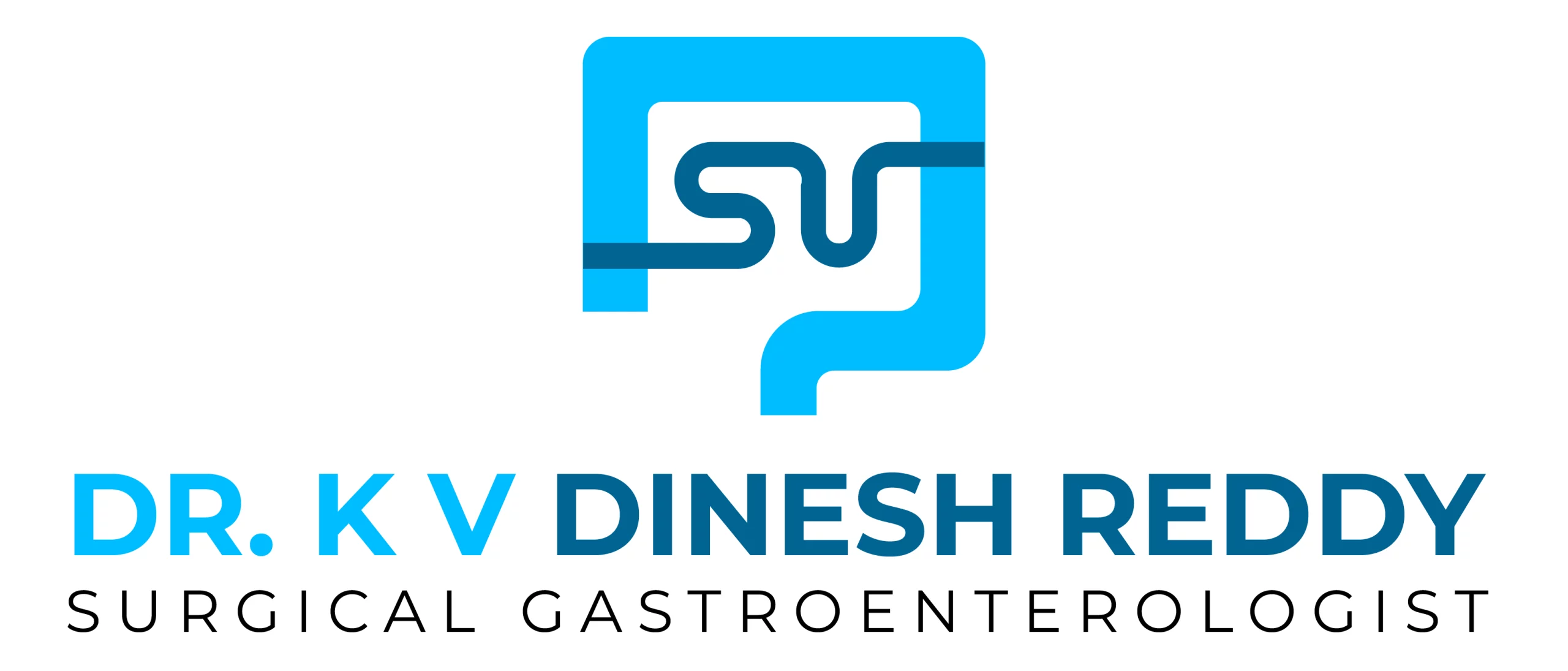Gallbladder Cancer Treatment in Hyderabad
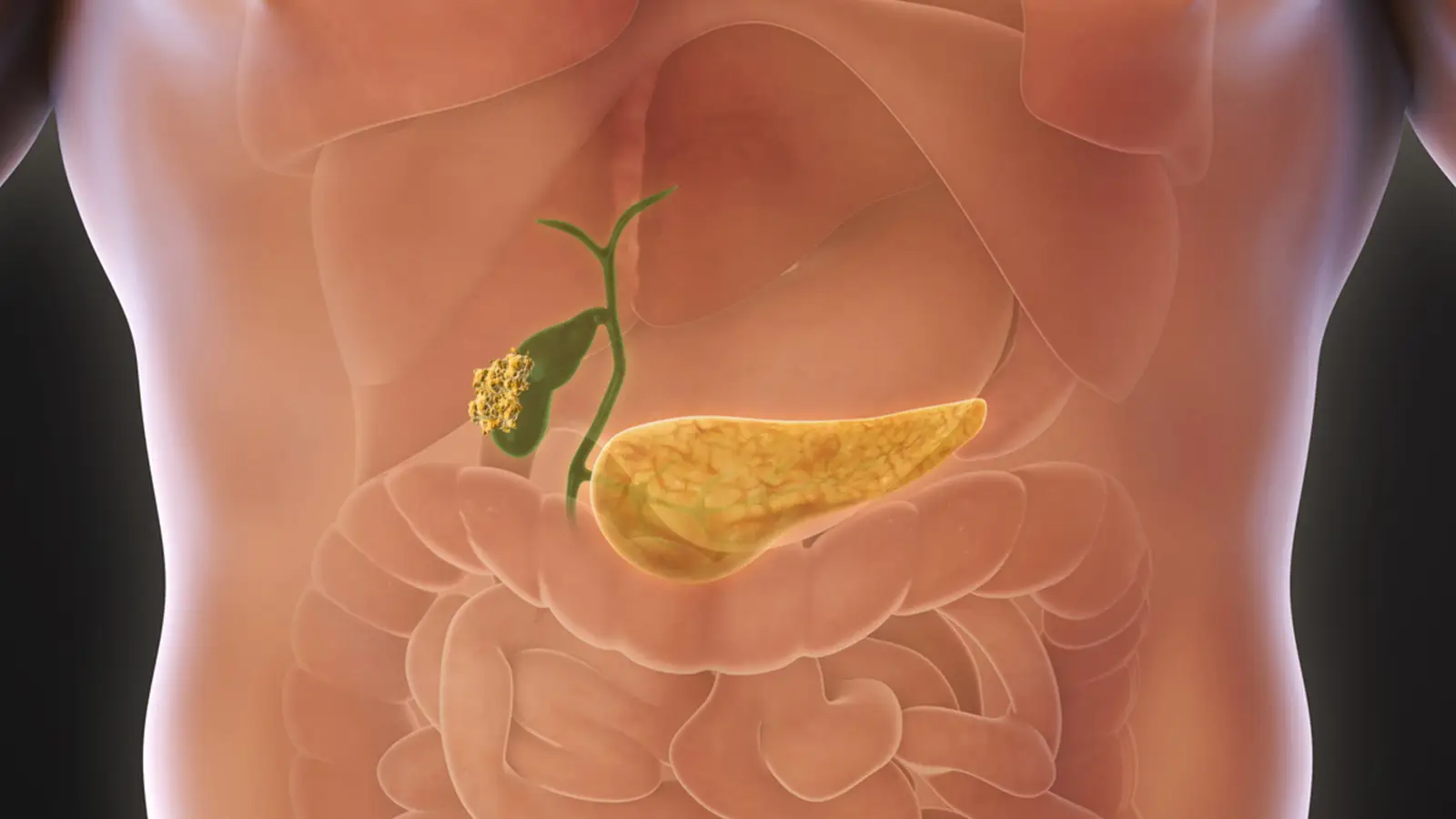
Gallbladder cancer is a disease with abnormal growth of cells in your gallbladder. It is a small, pear-shaped organ in the upper right of your abdomen, under your liver. The organ stores bile (digestive fluid) which is produced by your liver.
Gallbladder cancer is a rare disease with a good chance of cure if discovered at an early stage. But, unfortunately, because of the hidden nature of the gallbladder, cancer grows without being detected. The delayed diagnosis makes the prognosis very poor.
So, if you experience any symptoms like abdominal pain, or bloating for a long time. Consult a gastroenterologist to get an early and accurate diagnosis
What are the Symptoms of Gallbladder Cancer?


Gallbladder cancer often presents with non-specific symptoms in its early stages, which can make it challenging to diagnose. However, as the disease progresses, specific symptoms may emerge including:
- Abdominal pain or lump, in the upper right portion of your abdomen
- Abdominal bloating
- Loss of appetite
- Unexplained weight loss
- Jaundice
- Nausea and vomiting
- Fever
The symptoms are similar to conditions, like gallstones or a blockage in a bile duct. Therefore, it is recommended to consult a gastroenterologist for an accurate diagnosis.
What is the Cause of Gallbladder Cancer?
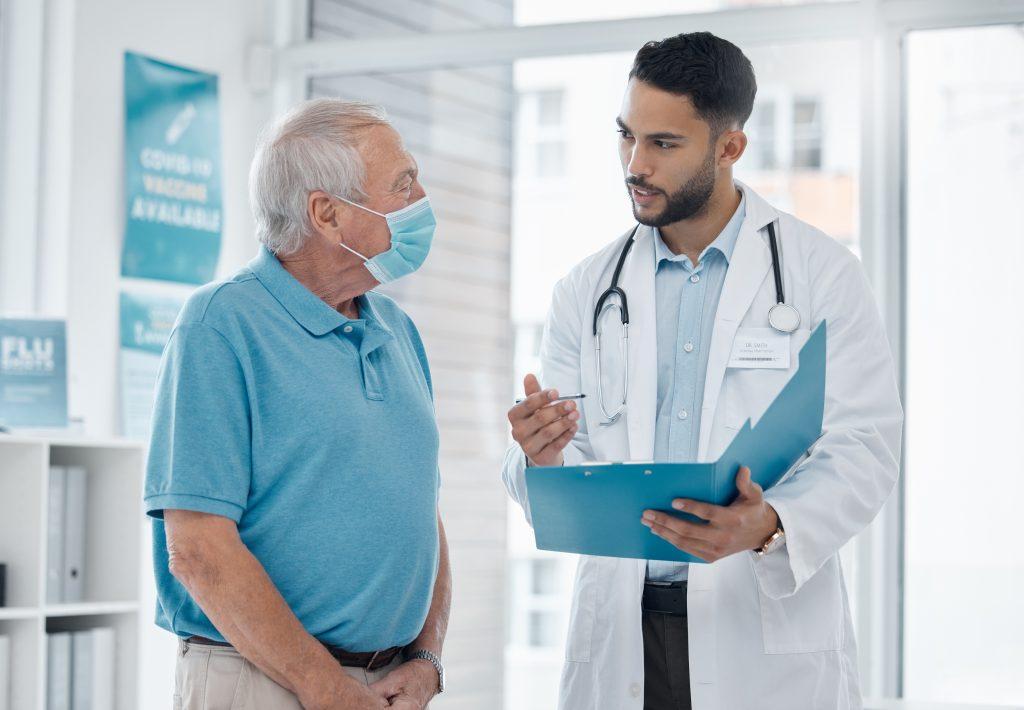
It is unclear what causes gallbladder cancer. However, you might be more likely to get it if you:
- Have gallstones, abnormal bile ducts, long-term swelling of the gallbladder or bile ducts for a long time
- Are a woman over the age of 75
- Have a family history of gallbladder cancer
- Are regularly exposed to chemicals and toxins, such as those found in the rubber and textile sectors
These risk factors do not guarantee that you will develop cancer. It just indicates that your chances may be higher than someone without the risk.

What Tests are Needed for the Diagnosis of Gallbladder Cancer?
Sometimes, the disease is discovered incidentally when the gallbladder is removed for other reasons like cholecystitis. However, if you experience symptoms, your doctor may take your personal and family health history, do a physical examination and advise the following tests and procedures:
Blood Tests
This procedure is done to evaluate how well your liver, gallbladder, and bile ducts are working. This may help to determine the cause of your signs and symptoms.
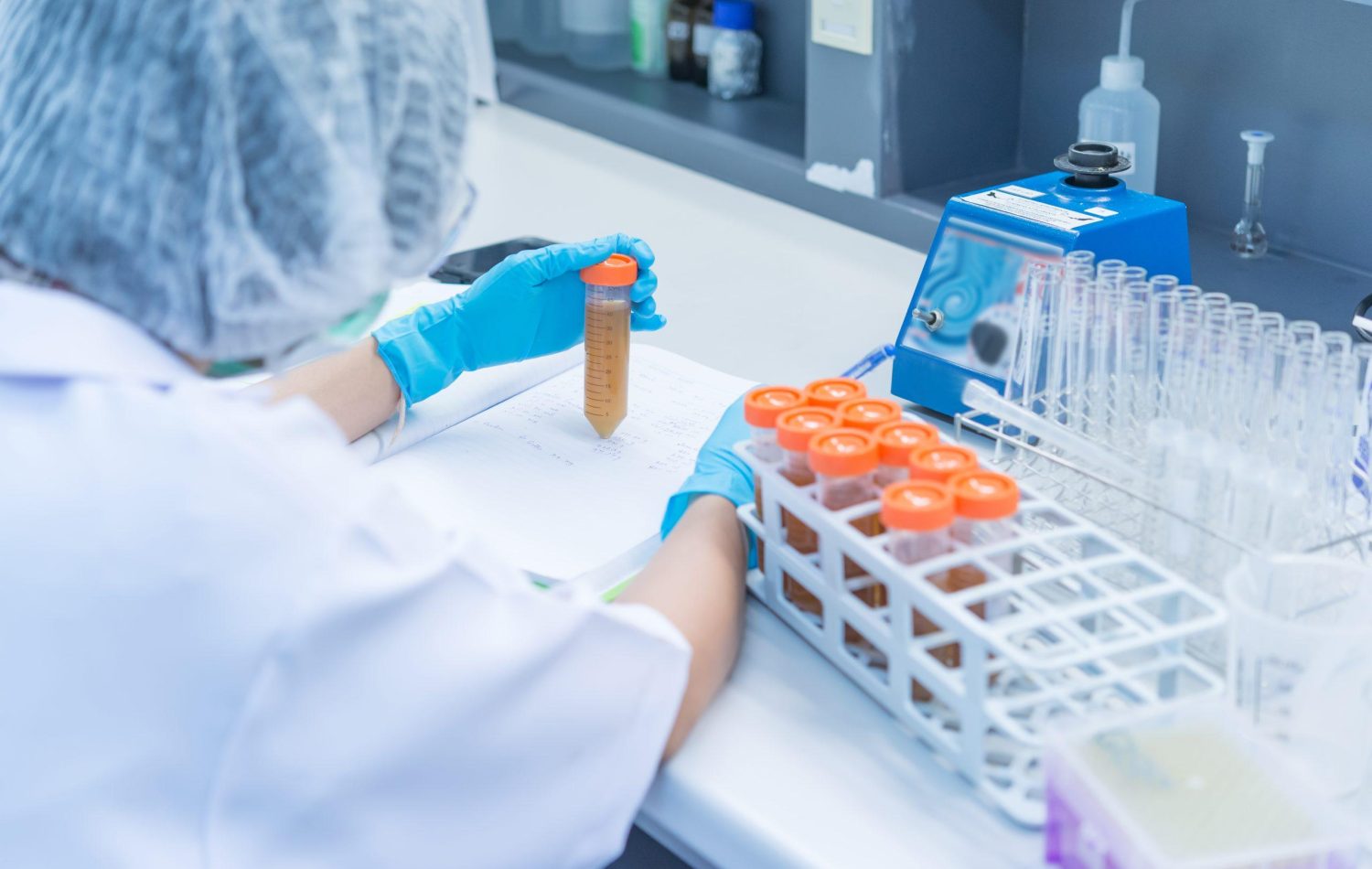
Image Tests
This includes abdominal ultrasound to create images of the gallbladder and liver. CT scan and MRI scan for detailed imaging, percutaneous transhepatic cholangiography (PTC) to identify blockages in bile ducts or liver, and endoscopic retrograde cholangiopancreatography (ERCP) which uses a camera to examine the bile ducts.

Surgeries
These procedures are performed to directly access and examine tissue that may contain cancer cells in the gallbladder.
- Biopsy
A small sample of tissue from the gallbladder is removed and then examined under a microscope to confirm the presence of cancer cells.
- Laparoscopy
A thin and lighted tube called a laparoscope is inserted into your abdomen through a small incision. This helps to visually inspect your gallbladder and surrounding tissues.
Based on the above tests, your doctor will determine the extent to which the cancer has spread and plan the appropriate treatment approach.
What are the Options for Gallbladder Cancer Treatment in Hyderabad, India?
The treatment will depend on:
- The size of the cancer
- Its type and extent
- Your overall health
In cases of early-stage gallbladder cancer, the primary objective of treatment is to completely remove the cancer and reduce the risk of recurrence.
Early-stage Treatment of Gallbladder Cancer
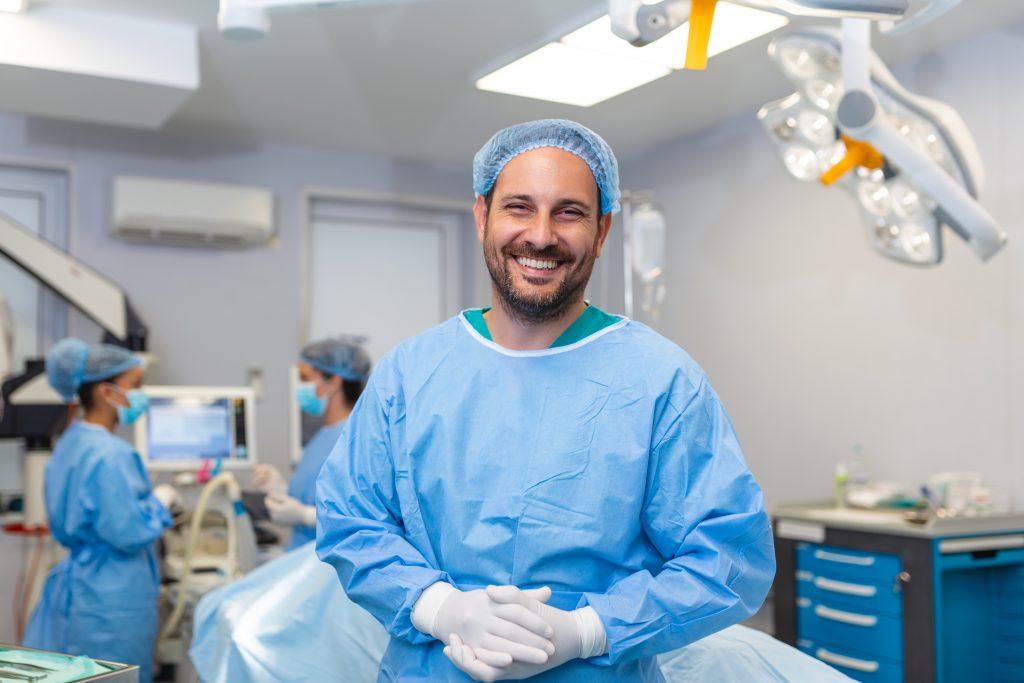
Surgery
It is a common treatment for early-stage gallbladder cancer. It involves the removal of the gallbladder and nearby tissues. The extent of the surgery depends on the specific situation:
- Simple Cholecystectomy:
In this procedure, the surgeon removes only the gallbladder.
- Extended Cholecystectomy:
This is done if the cancer has spread beyond the gallbladder. It involves surgical removal of the gallbladder and surrounding affected tissues, along with lymph nodes.

Radiation therapy
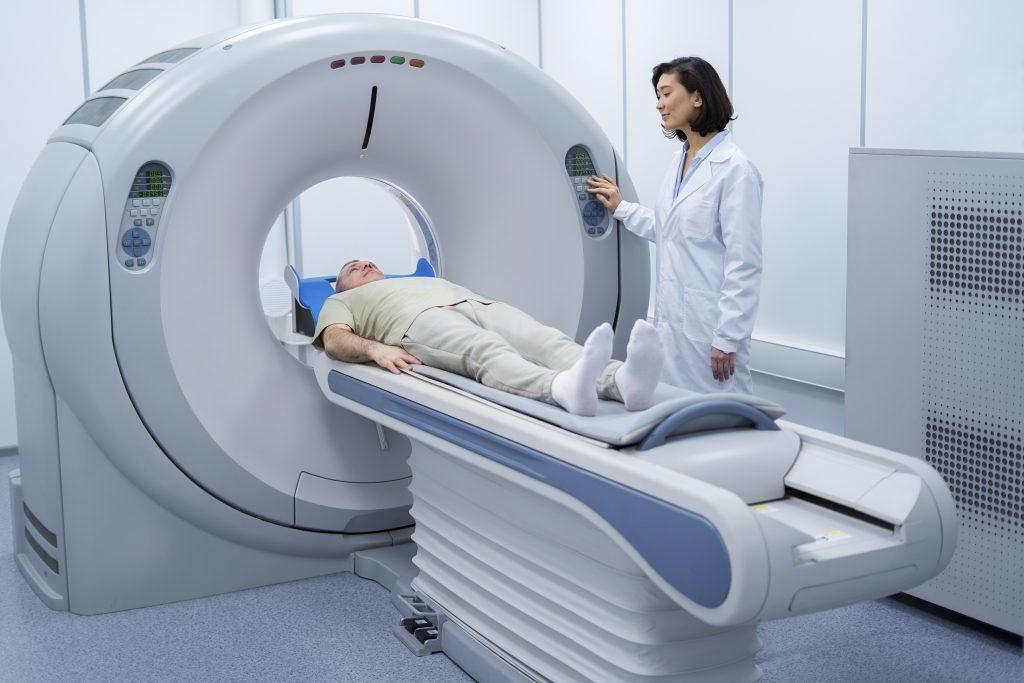
This involves the use of a machine outside your body (EBRT) to direct radiation to your cancer. This treatment aims to kill cancer cells or slow down tumor growth while minimizing damage to healthy cells. Radiation therapy may be recommended after surgery to eliminate any remaining cancer cells. It may also help reduce cancer-related symptoms.
Chemotherapy
It is a systemic treatment that uses drugs to kill or prevent the multiplication of cancer cells. It may be administered after surgery to target any remaining cancer cells. In some cases, chemotherapy may be recommended in combination with radiation therapy to enhance effectiveness.
Advanced-stage gallbladder cancer treatment
In advanced stages where the disease has spread beyond the gallbladder or cannot be completely removed through surgery, the treatment goals shift towards managing the cancer, prolonging life, and improving quality of life. Advanced cases may be treated with one of the following:

Radiation therapy and chemotherapy
These methods cannot eliminate cancer but they can help alleviate symptoms, shrink cancer cells, slow down tumor growth, and extend survival. Radiation therapy can be used to relieve pain and improve quality of life by targeting specific areas affected by the cancer. Chemotherapy uses drugs to target and kill cancer cells throughout your body.
Palliative procedure
In cases where cancer cells create blockages in the digestive tract, procedures may be performed to relieve symptoms and improve your ability to eat and digest food. These procedures aim to bypass or remove the blockages caused by the tumors.
Why Should you Consult a Gastroenterologist in Hyderabad, India?
Gallbladder cancer is an uncommon and serious disease. Although it is curable, the condition is difficult to treat. Unlike other cancers that often present early signs, gallbladder cancer may not become apparent until it reaches advanced stages. To successfully treat the condition, it is crucial to remove the gallbladder before it spreads to other organs. Therefore, it should only be treated by a doctor who possesses extensive experience in managing gallbladder cancer.
Best Doctor for Gallblader Cancer Treatment in Hyderabad

Dr. K V Dinesh Reddy
MBBS; MS (Gen.Surg); DNB (Surg.Gastro)
Meet Dr. Dinesh Reddy, your trusted surgical gastroenterologist, specializing in the treatment of gallbladder cancer. With years of expertise and a compassionate approach, Dr. Reddy is an expert in tackling this challenging condition.
Dr. Reddy offers gallbladder cancer treatment in Hyderabad. He combines his surgical skills with a deep understanding of this disease to provide personalized care tailored to your unique needs. From precise diagnostics to advanced surgical interventions, Dr. Reddy is dedicated to improving your quality of life.
Frequently Asked Questions
Here are answers to some of the questions you might have about Gallbladder Cancer
Gallbladder cancer is quite uncommon, but it can still happen. It’s not something you hear about every day, unlike more common types of cancer. However, it’s essential to be aware of it because early detection can make a big difference in treatment. Your risk of developing gallbladder cancer depends on various factors like your age, gender, and overall health.
The risk factors for developing gallbladder cancer can include several things. First, age plays a role, as it’s more common in older individuals, typically those over 70. Second, women are at a higher risk compared to men.
Gallstones are a significant factor. If you have gallstones, especially large ones or if you’ve had them for a long time, your risk goes up. Additionally, your ethnic background can matter; some groups, like Native Americans and Hispanics, have a higher risk.
Being overweight or obese is also a risk factor. Chronic inflammation in the gallbladder and a family history of gallbladder cancer can increase your chances. Finally, having gallbladder polyps, especially larger ones, can raise the risk as well.
Gallbladder cancer has different stages that help doctors understand how advanced the cancer is.
In the early stages (Stage 0 and Stage I), the cancer is usually small and hasn’t spread far. Surgery to remove the gallbladder is often the main treatment at this point, and patients often have a good chance of recovery.
In Stage II, the cancer might have grown into nearby tissues but hasn’t spread to distant parts of the body. Surgery is still a common treatment, but it might be more extensive.
Stage III means the cancer has spread to nearby lymph nodes or structures. Treatment might involve surgery, radiation, and chemotherapy.
In the advanced Stage IV, the cancer has spread to distant organs, like the liver or lungs. Treatment becomes more challenging and focuses on managing symptoms and improving quality of life.
Doctors use tests and scans to determine the stage of gallbladder cancer, and the treatment plan depends on the stage and the patient’s overall health.
In some cases, gallbladder cancer can be cured completely, but it depends on several factors. The key to successful treatment is early detection when the cancer is still in its early stages.
When gallbladder cancer is detected at an early stage (Stage 0 or I), surgery to remove the gallbladder can often lead to a complete cure. Many people go on to live cancer-free lives after this treatment.
However, if the cancer has advanced to later stages (Stage II, III, or IV) and has spread to other parts of the body, a complete cure becomes more challenging. Treatment focuses on controlling the cancer, relieving symptoms, and improving the patient’s quality of life.
Preventing gallbladder cancer is challenging, but there are steps you can take to reduce your risk. One essential factor is maintaining a healthy lifestyle. Eating a balanced diet with plenty of fruits and vegetables and maintaining a healthy weight can help lower your risk.
If you have gallstones, getting them treated or removed by a healthcare professional can be important because gallstones are a risk factor for gallbladder cancer. Regular check-ups with your doctor are crucial, as they can monitor your health and detect any issues early on.
